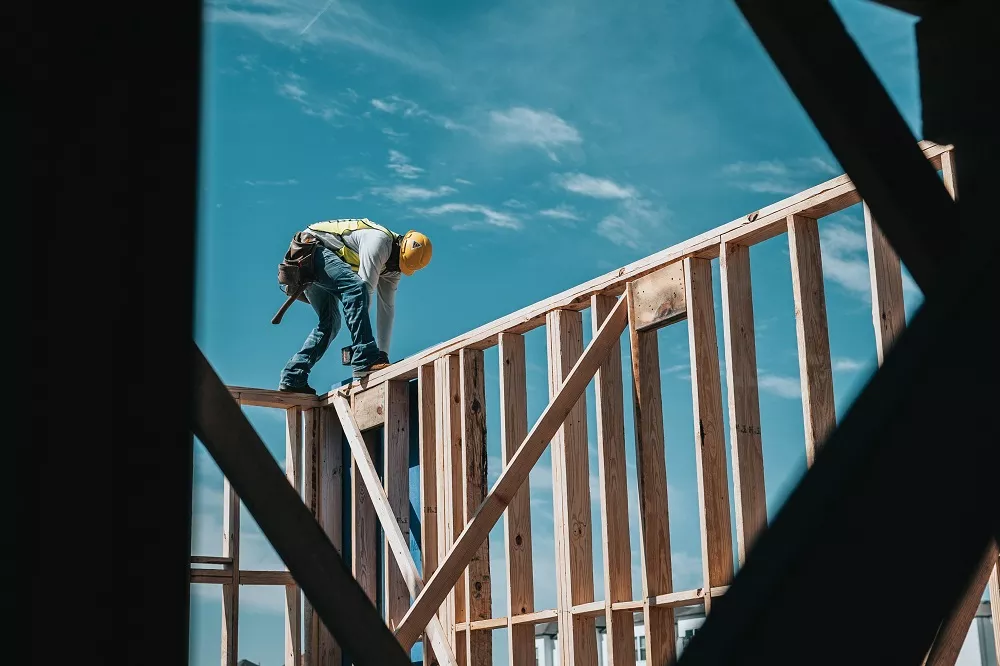Navigating NYC Building Codes - 2028 Update

NYC building code documentation and compliance requirements for construction projects
New York City's building codes are among the most comprehensive and stringent in the country. The 2025 updates bring significant changes that impact both new construction and renovation projects. Understanding these changes is crucial for successful project planning and execution in the NYC market.
Key Changes in the 2025 Code Update
Energy Efficiency Requirements
The 2025 code update significantly strengthens energy efficiency standards:
- Increased minimum R-values for building envelopes
- Stricter requirements for HVAC system efficiency
- Expanded requirements for building energy monitoring
- New provisions for electrification and reduced fossil fuel dependency
These changes align with the city's goal to reduce carbon emissions from buildings by 80% by 2050.
Resiliency Measures
Following lessons learned from recent climate events, the updated code includes enhanced resiliency requirements:
- Elevated mechanical systems in flood-prone areas
- Improved backup power requirements
- Enhanced stormwater management provisions
- Stricter wind resistance standards for building components
Accessibility Updates
The 2025 code also expands accessibility requirements:
- Increased percentage of accessible units in residential buildings
- Enhanced wayfinding requirements for public buildings
- Updated standards for accessible bathrooms and kitchens
- New provisions for sensory accessibility features
Navigating the Approval Process
The Department of Buildings (DOB) has also updated its approval processes:
- Digital Submissions: All applications now require digital submission through the DOB NOW portal
- Pre-Filing Consultations: New option for complex projects to receive preliminary feedback
- Progressive Approvals: Enhanced ability to phase approvals for large projects
- Self-Certification Changes: Revised requirements for professional self-certification
Compliance Strategies
At CooperBuild, we've developed strategies to efficiently navigate these code changes:
- Early engagement with code consultants during the design phase
- Building code analysis as part of our preconstruction services
- Regular training for our project managers on code updates
- Established relationships with DOB officials and expeditors
Impact on Project Timelines and Budgets
The 2025 code changes will affect both project timelines and budgets:
- Design Phase: Allow additional time for code compliance analysis
- Permitting: Expect longer review periods as officials adapt to new requirements
- Construction Costs: Budget for increased costs related to energy efficiency and resiliency measures
- Inspections: Prepare for more rigorous inspections, particularly for energy code compliance
Looking Ahead
As with previous code updates, we expect a transition period as the industry adapts to these new requirements. Projects already in the pipeline may be grandfathered under previous codes, but new projects will need to comply with the 2025 standards.
At CooperBuild, we're committed to staying ahead of regulatory changes and helping our clients navigate the complex NYC building environment. Our team continuously updates our knowledge and processes to ensure smooth project delivery despite the evolving regulatory landscape.
Need help navigating NYC building codes for your next project? Contact us to learn how our expertise can benefit your development.
About Sarah Chen
Sarah specializes in navigating complex regulatory environments and ensuring CooperBuild projects meet or exceed all code requirements.
Compliance Director
Subscribe to Our Newsletter
Get the latest insights, trends, and news from the construction industry delivered straight to your inbox.
We respect your privacy. Unsubscribe at any time.

